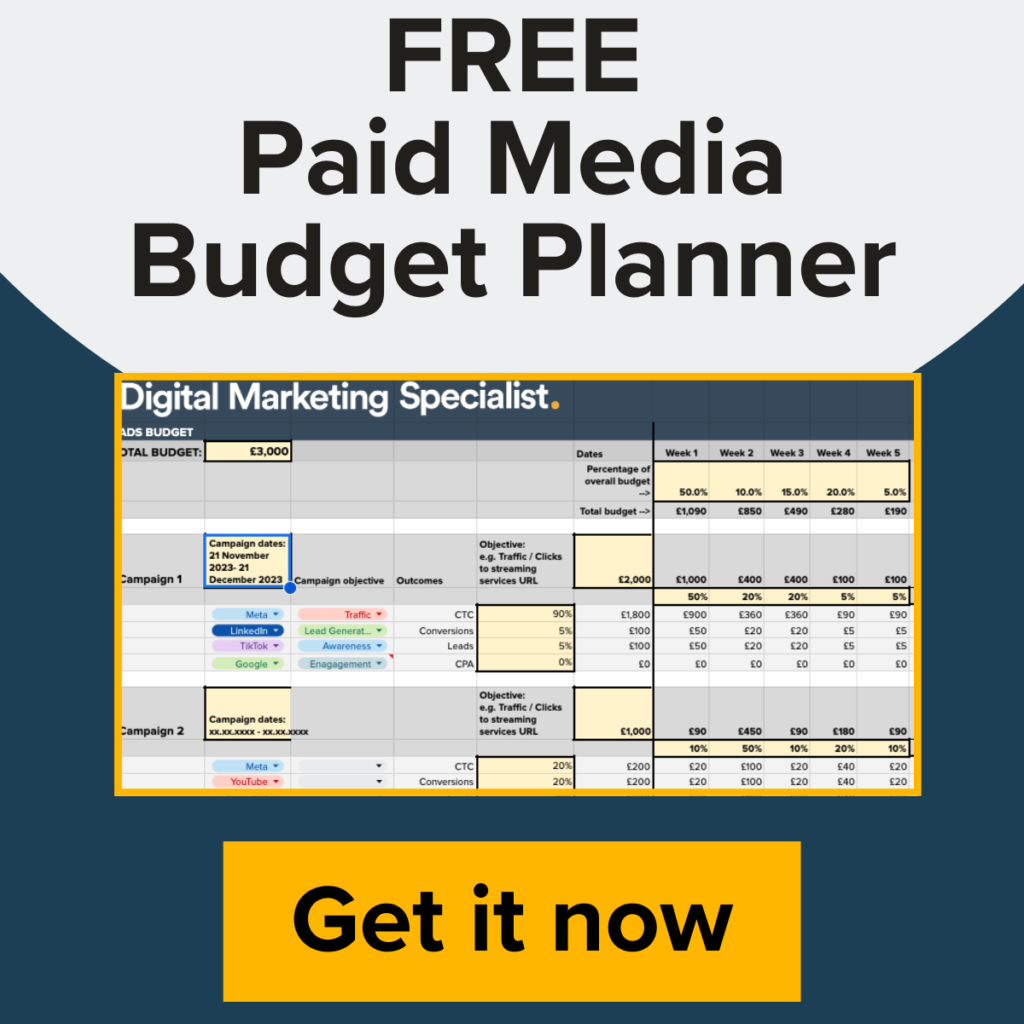Paid media has become an indispensable tool for businesses seeking to enhance their online presence. This article delves into the essentials of paid media, exploring its definition, importance, and strategic advantages.
What is considered Paid Media?
Paid media involves paying for space online to promote content, products, or services through advertising. In contrast to organic marketing, which relies on free methods like SEO and social media engagement, paid media guarantees immediate visibility by placing your ads prominently on platforms such as search engines, social media, and websites. This approach enables businesses to promptly capture the attention of their target audience, leading to increased traffic, leads, and sales. This can include running advertisements on various digital platforms to attract potential customers. Essentially, paid media involves paying for ad space to ensure your message is seen by the intended audience.
Paid media serves as a cornerstone in the digital marketing ecosystem, offering unique benefits such as guaranteed impressions and swift visibility. However, there are several misunderstandings that need clarification to fully leverage its potential.
Common Misconceptions about Paid Media
There are several misconceptions surrounding paid media:- One common myth is that it is expensive. However, businesses can start with any budget, making paid media accessible to enterprises of all sizes.
- Another prevalent misconception is that higher spending guarantees better results. In reality, increased budgets do not always equate to improved performance.
Importance of Paid Media in Digital Marketing
Paid media plays a crucial role in digital marketing by guaranteeing impressions and significantly boosting visibility. Unlike organic marketing, paid media ensures that your message reaches a broader audience quickly and effectively. It’s a powerful tool for enhancing your brand’s visibility, especially when paired with existing content for paid advertisements.
Increasing Reach and Effectiveness
Paid media expands your reach by targeting specific audiences, thereby increasing engagement and conversion rates. Repurposing existing content for these ads can maximise your return on investment by capitalising on previously successful materials.
Strategic Advantages of Paid Media
Utilising paid media offers several strategic advantages. Businesses can gain a competitive edge if their competitors are not leveraging these tools effectively. Detailed audience insights derived from paid media campaigns can influence broader business strategies. Additionally, platforms like Google allow targeting of competitors’ audiences, providing an extra edge in the market.
For instance, our case study on Flash Pack shows how paid media was used to capture audiences, retarget them, and increase conversions to reach the audience at every stage of the buyer’s journey. This resulted in the company growing quickly to £13 million annual turnover, with a majority of that early customer acquisition attributed to paid media marketing. This clearly demonstrates how the strategic use of paid media insights can substantially influence broader business strategies.
Types of Paid Media
There are several types of paid media, each serving different marketing objectives. The main types include paid social and paid search. Paid social involves running ads on social media platforms like Meta and TikTok, leveraging user engagement and interests for personalised advertising. Paid search, on the other hand, involves placing ads on search engines like Google, targeting keywords that potential customers are actively searching for.
Paid Social Advertising
Paid social advertising entails running image or video ads on social media platforms. These ads appear in users’ feeds as they scroll through, hoping to capture their interest and prompt further action. Targeting options on social media are vast, allowing businesses to reach their audience based on previous engagement and interests.
Platforms like Meta are considered highly effective for paid social, as they accommodate broad targeting options. However, the choice of platform should align with where your target audience spends their time online.
Paid Search Advertising
Paid search advertising focuses on targeting specific keywords that potential customers are searching for on search engines like Google. This method is excellent for capturing users actively seeking solutions that your company offers, making it highly effective for conversion-focused campaigns.
Building a Paid Media Strategy
Starting with paid advertising involves several key steps. First, businesses need to define clear goals and target audiences. Setting a budget and ensuring proper tracking systems are in place is crucial for measuring performance. The tracking systems should also be established to gather accurate data and evaluate campaign success.
Developing a Paid Advertising Strategy
A successful paid advertising strategy comprises several essential components.- Knowing your audience and crafting messages that resonate with them is paramount.
- Setting clear goals and allowing time for testing and optimisation can significantly improve campaign outcomes.
- Understanding why customers buy from you and differentiating your ads from competitors will help capture attention and drive conversions.
Tips for a Successful Paid Media Campaign
To ensure the success of your paid media campaign, follow these best practices:- Define clear objectives and know your audience.
- Set up robust tracking systems.
- Craft compelling ad copy and creative assets.
- Test different settings and variations in your ads.
- Utilise remarketing where available.
- Regularly review performance analytics to refine strategies.
In summary, paid media offers essential advantages in the digital marketing realm, ranging from guaranteed visibility to detailed audience insights. Businesses of all sizes can harness the power of paid media for enhanced performance and competitive edge.
At DMS, our expertise simplifies the complexities of digital marketing, ensuring you make informed, effective decisions.







